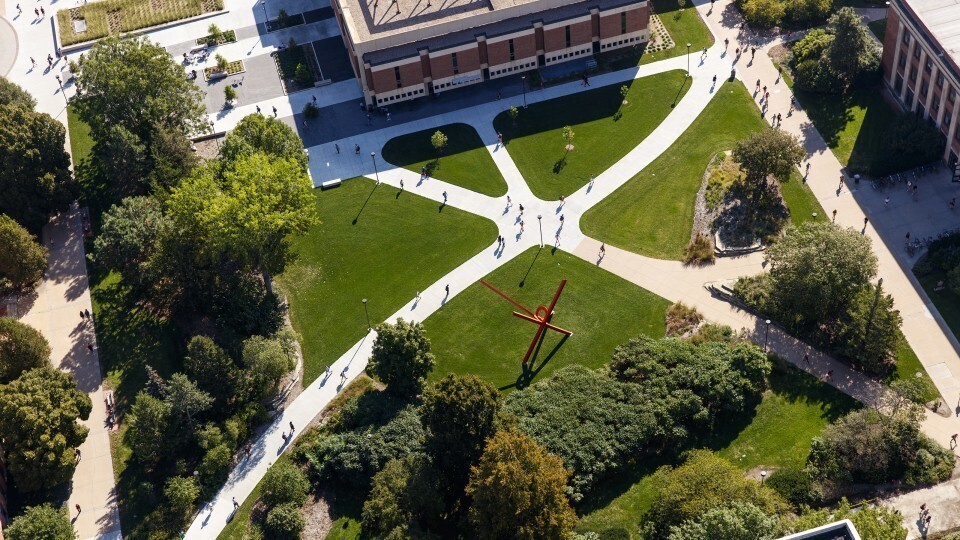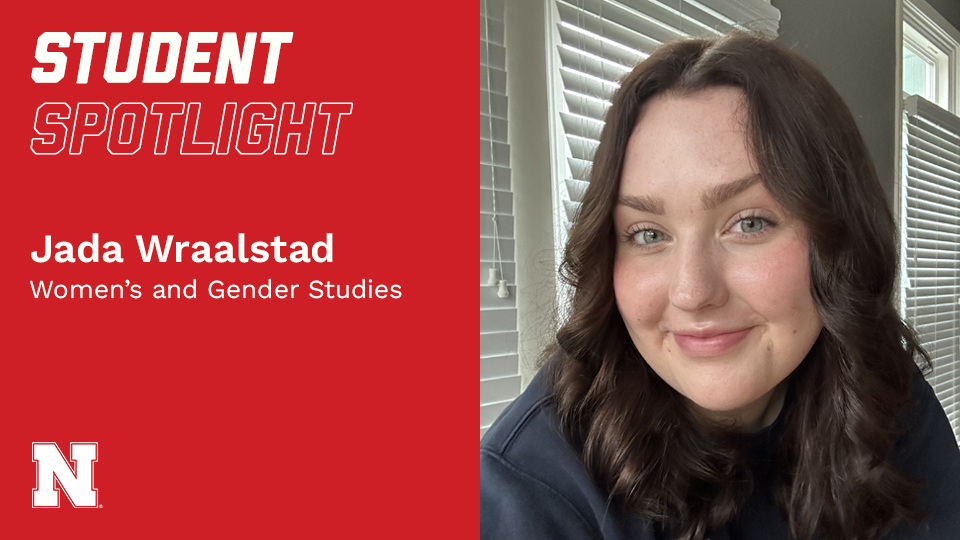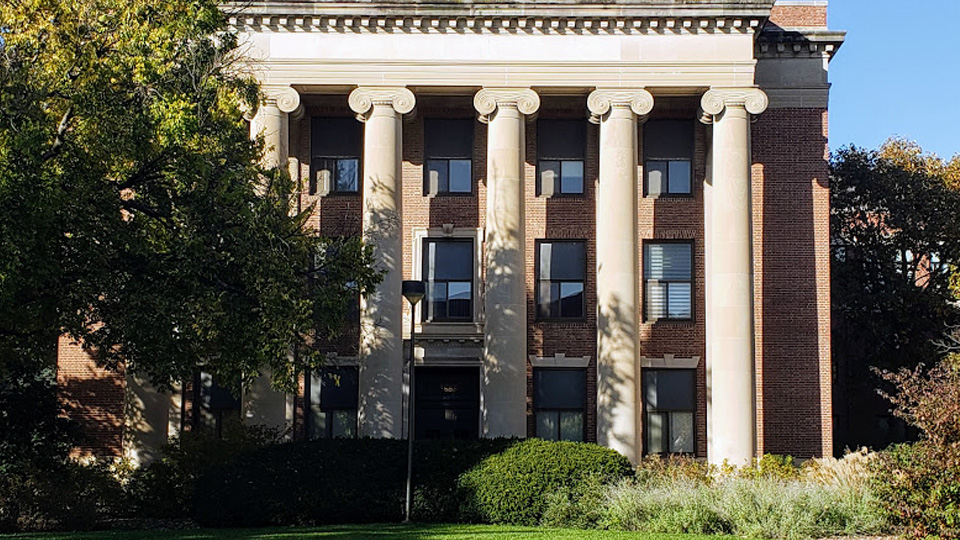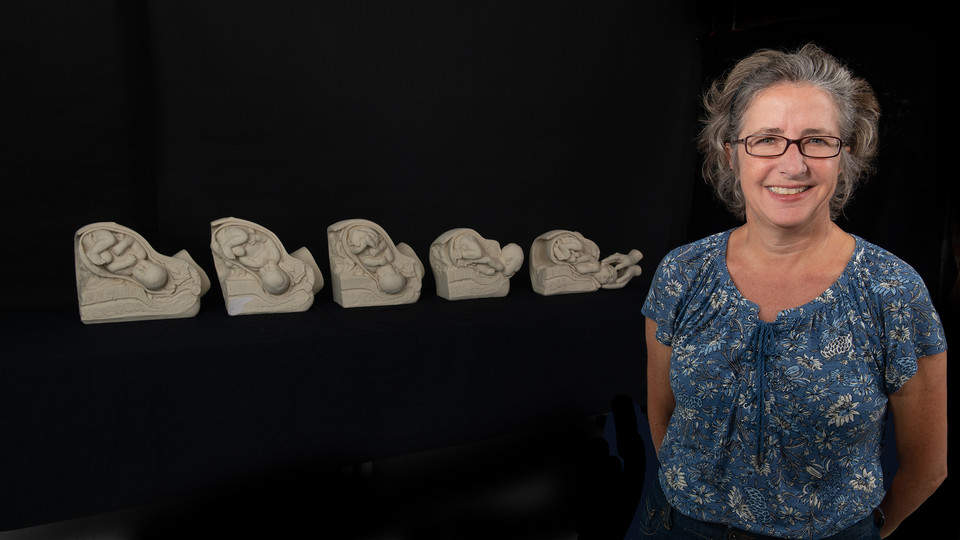While women have always had a place at the University of Nebraska-Lincoln, the academic discipline of women’s studies faced a rocky road to acceptance.
Danielle Rue, a senior English and women and gender studies major, explained the complex history of women and gender studies at the Nebraska Union Monday evening.
The presentation, “Women’s Studies at the University of Nebraska-Lincoln: A Brief Digital History,”examined the university’s attitude toward problems of race, gender and sexuality in the ’60s and ’70s.
The Women in Contemporary Society department was approved in 1971, along with other departments that began expanding curriculum to include topics on women and gender. Women’s Studies was recognized as an official academic discipline in 1976. In its first year, it operated with a $500 budget and some professors taught classes for free. It wasn’t until 1992 that the department earned office space.
Much of Rue’s presentation focused on the rules set upon women at this time. In the late ’60s, women would have to return to residence halls by 11 p.m. on weekdays, 1 a.m. on Fridays and midnight on Sundays.
Students began pushing the rules in the ’70s, and eventually the rules were relaxed.
Radical activism occurred on campus as well.
The black community held sit-ins demanding “For the university to hire more black professors, and that UNL’s current black faculty members ‘be elevated in status’.”
While UNL offered some courses in women’s and gender studies, these courses faced opposition from multiple sides.
In 1971, the course “Proseminar in Homophile Studies” brought resistance from students, parents and political figures.
The course challenged “the notion that a queer was a queer.”
In the fall of 1971, Omaha Sen. Henry Pedersen Jr. was quoted saying, “Do you have to take a 40-hour course to be told there are nice literary queers as well as dirty queers? I hope this course teaches that homosexuality is abnormal conduct which should be avoided.”
Some wanted the names of the students in the course to be released, so their parents would know what they were studying.
At the same time, more discussions of sex were happening on campus.
According to a 1971 Daily Nebraskan poll, over half of UNL’s single students reported being sexually active.
“NU students,” the article quipped, “are doing more than just studying.”
news@dailynebraskan.com
By Ali Paasch on October 28th, 2014 Daily Nebraskan



